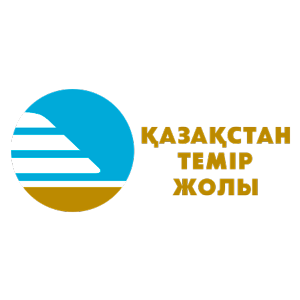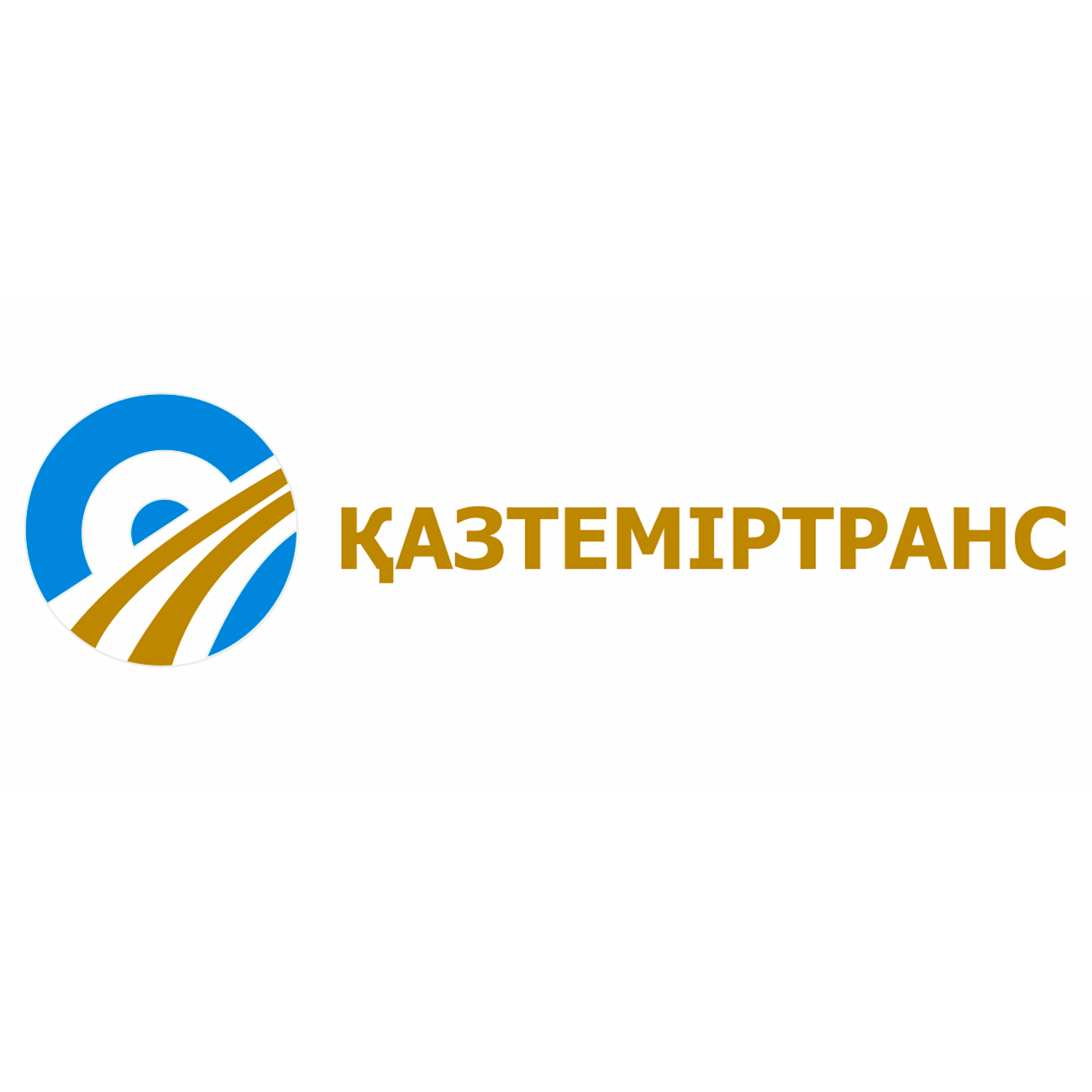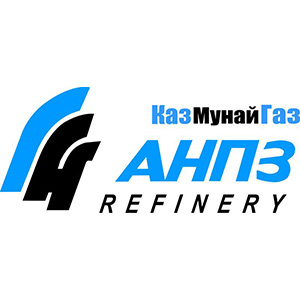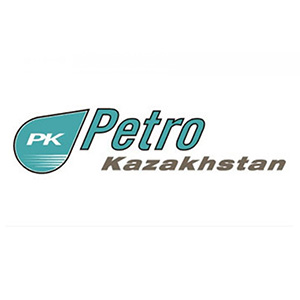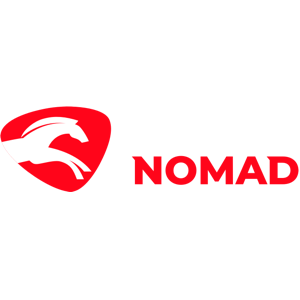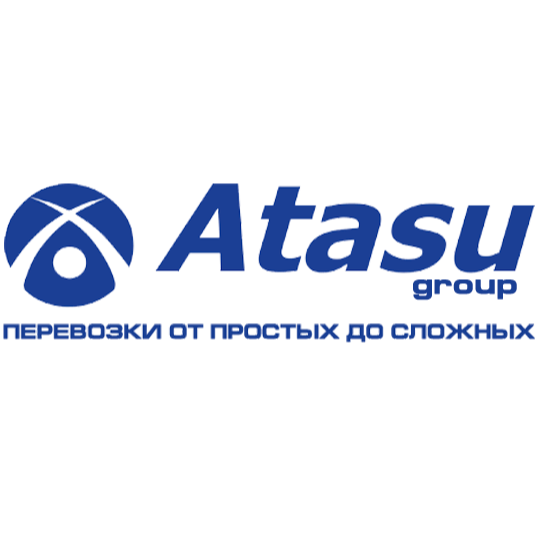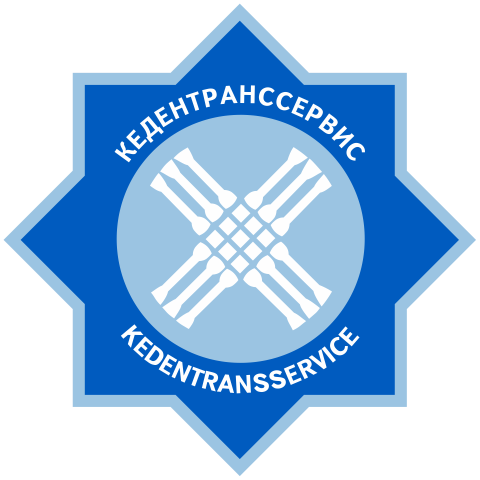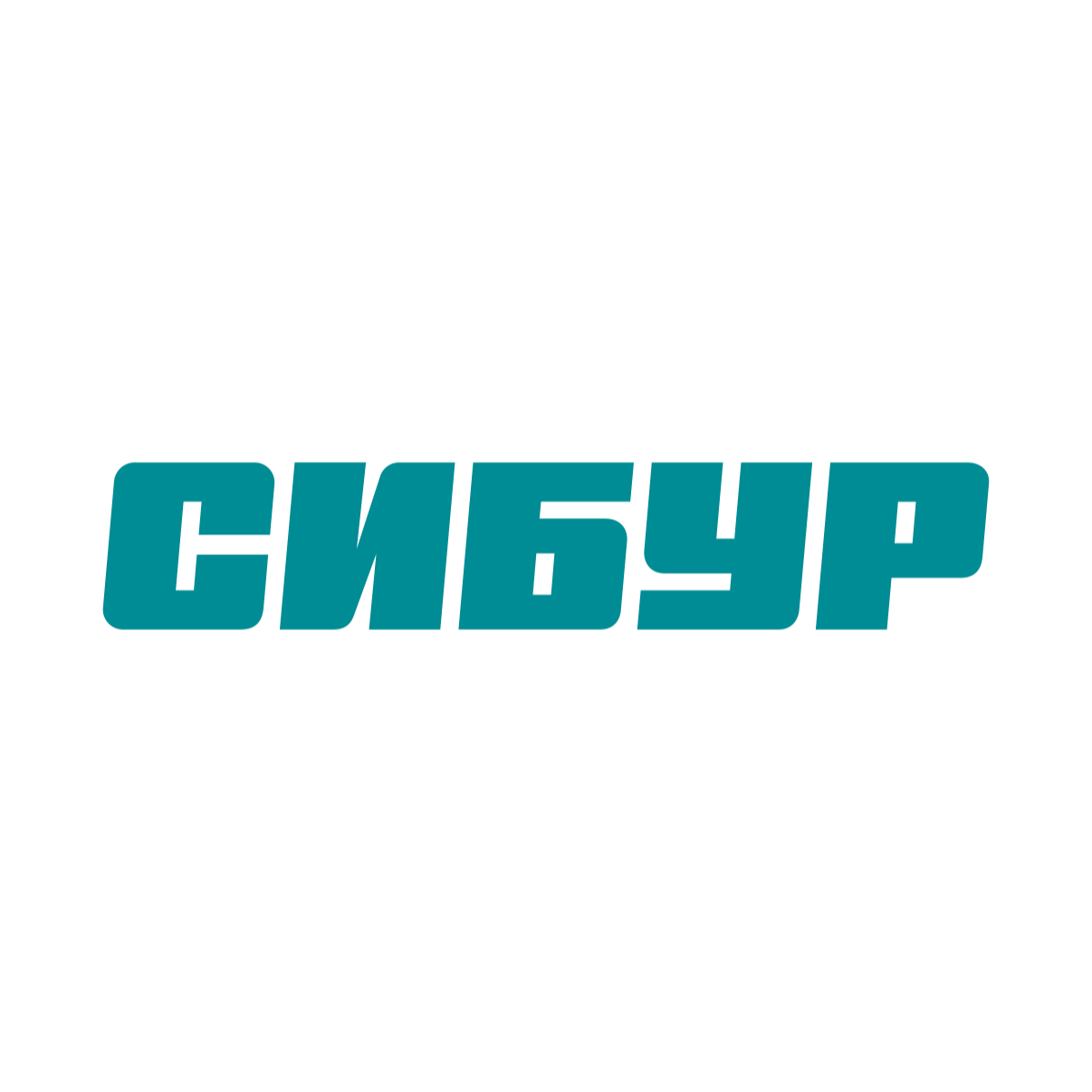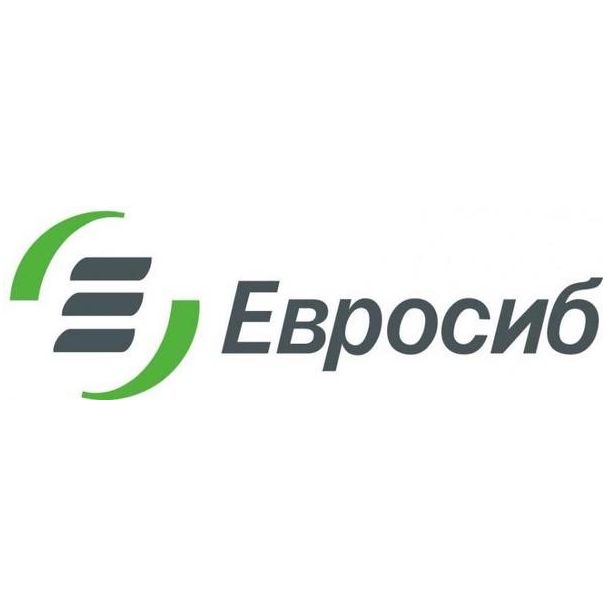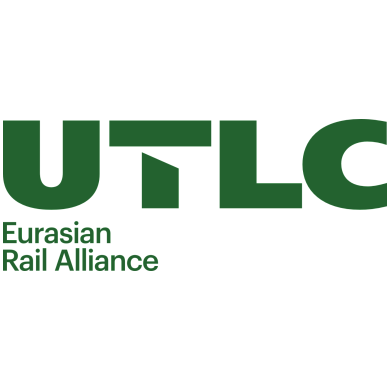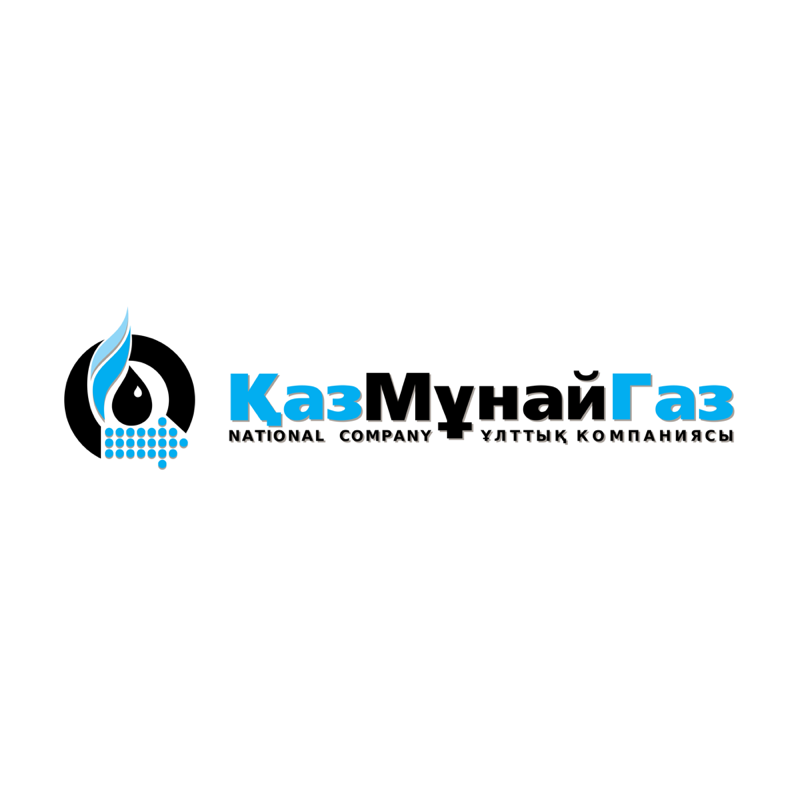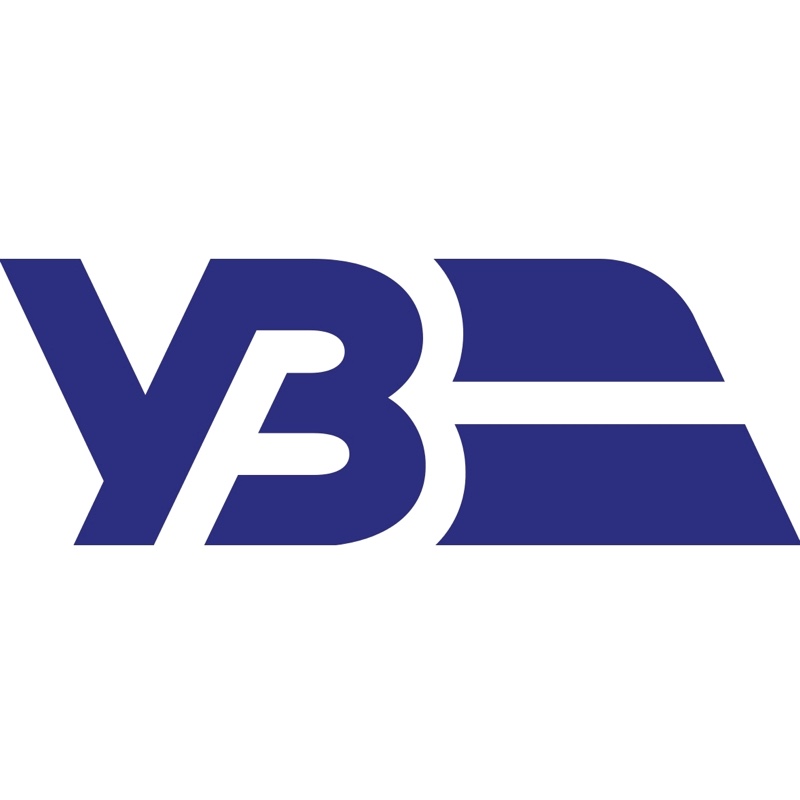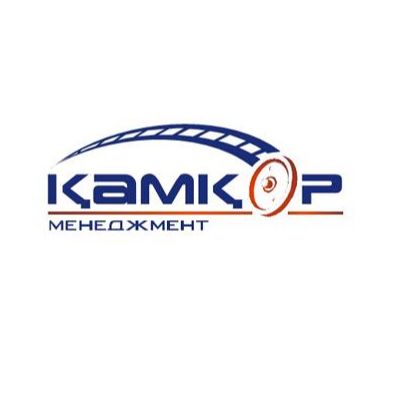Over the past five years, Kazakhstan’s railways have repeatedly recorded explosive growth in container transit. Recently, however, this momentum has slowed down owing to world events. At the international exhibition «TransRussia» the correspondent of RZD-Partner asked the managing director for the development of PTC Holding company Olzhas Arykbayev about the further prospects of containerization growth in the former Union Republic, and whether Kazakhstan is ready to serve as a transit hub for Russia.
— Did the positive dynamics with container transportation in Kazakhstan somehow drift away due to the geopolitical situation?
– Container transport in Kazakhstan is mainly transit, which is caused and stimulated by the geographical situation of our country. However, the level of containerization within the republic is very low. For the most part, shippers prefer to ship their cargo in a universal fleet — covered wagons. This is due to the tariff policy of the company «Kazakhstan temir zholy», which does not always promise benefits to shippers, which, unfortunately, have no incentives to switch to containers. In comparison with Russia, RZD introduce discounts, temporary reduction factors and thus make shippers think about the need to create an appropriate infrastructure at the place of dispatch, so that goods can be containerized and exported. In Kazakhstan, everything is confined to transit. Art. Dostyk — the shortest shoulder of transportation from China to Europe and back. Accordingly, this border crossing is actively used in Kazakhstan. All container trains on this route are operated by the United Transport Logistics Company (OTLC). Under sanctions pressure, Chinese shippers see certain fears and risks in continuing to carry their usual goods overland, as they will pass through the territory of the Russian Federation and in the vicinity of the special operation zone. In other words, there was a shift to the sea, which is much more expensive today, if we talk about the delivery of goods to Europe. This, according to our observations, has led to a temporary decrease in the transit container traffic on the China-Europe-China route.
— In that sense, does your company have any predictions for the near future?
– On the eve of the exhibition «TransRussia» we held negotiations with our partners from OTLC. They assume that all the existing difficulties are temporary, that the volume of freight transport is bound to recover, and then we all return to, shall we say, the old rails. Shippers don’t sit still anyway. Kazakhstan’s railways are also looking for new opportunities to bypass the territories under sanctions. In particular, there is the Trans-Caspian International Transport Route (TMT). It implies an overload on Art. Altynkol in Kazakhstan, arrival at the ports of the Caspian Sea — Kuryk or Aktau, loading and unloading there, sailing on a ship to Baku with subsequent trans-shipment on rolling stock, then — to the Georgian port of Poti, regular loading andUnloading operations with further shipment to the Romanian port, from where the goods are already entering Europe. Given the required volume of operations, the route is much more expensive than traditional. Recently, an important meeting was held at the level of the State authorities of Kazakhstan, Azerbaijan and Georgia, where the issue of establishing a joint enterprise to become a cargo transport operator on the mentioned route and to provide favourable tariff conditions, to make the price look competitive in comparison with other routes, and TMT itself was interesting to the shipper.
— But the above-mentioned route is unlikely to take on all the necessary volume of cargo…
– Of course, there are also certain bottlenecks. When this issue began to be raised at the top, it became clear that ports still could not handle more than a certain volume of containers, and Azerbaijan has its own difficulties. In order to expand these bottlenecks, it is necessary to attract investment there. Most likely, these funds will have to be provided by States or by large transnational companies. But there is uncertainty: what will happen in the world in 2-3 years? If during this time the situation will normalize and return to the old rule, and the companies will again start to ride the usual route through Kazakhstan, Russia, Belarus and from there go to Europe, then the funds invested in TMM will be in vain and will not pay off. Of course, this will block the project.
– At a business seminar held recently by RZD-Partner, one of the experts claimed that Kazakhstan will not be able to become a transit hub for Russia. Do you agree with that?
– On the contrary, according to our company, Kazakhstan is already such a hub for the Russian Federation, having managed to drag on a large cargo flow and trying to profitably use its geographical position. But the state needs to continue to develop its capacity in terms of warehouse logistics to process the necessary volume of cargo. Within the framework of the Eurasian Economic Union, it is possible to import goods to Kazakhstan, import them and distribute them within other countries. The current legislation allows this. But there are other issues. Sanctions imposed on the Russian Federation are followed by retaliatory sanctions. And there is a list of goods that cannot be imported into the territory of Russia. A special mobile unit was responsible for verifying whether or not the goods were covered by the sanctions. All these difficulties are directly related to the risks for business. In addition, the list of products can be added and narrowed. Accordingly, today the cargo can go through Kazakhstan in the direction of Russia, and tomorrow at the border suddenly there will be difficulties and business will suffer losses. As for the railway infrastructure, the majority of it belongs to the company «Kazakhstan temir zholy». Recently, there is state support for private business, which boldly invests in infrastructure and is actively developing. In particular, on the St. There are also private terminals.
We are no exception. In 2021, our subsidiary PTC Cargo on its own funds launched there Dostyk TransTerminal, designed for transhipment of cargo and containers from 1,435 mm gauge (China) to 1,520 mm gauge (Kazakhstan), as well as for processing, storage, repair, formation of block container trains passing through the border crossing Dostyk — Alashankou. The annual production capacity of this terminal is 160 thousand. containers in 20-foot equivalent. Public and private transport and logistics centres in Nur-Sultan and Almaty are equally successful. In addition, Kazakhstan is ready to implement a number of projects in the border area with the People’s Republic of China — on the trans-shipment of grain, potassium fertilizers, etc. But it is important to understand what plans China itself adheres to, which is now working more actively in the direction of its ports.
— What are the priorities of PTC Holding?
– We are primarily focused on the development of container transport. We are actively negotiating with international transport and logistics companies in order to get the desired cargo flow. But so far we see a decline in volumes. And this is not the problem of our company, but of the whole market, not only in Kazakhstan, but also in Russia. Historically established supply chains are today forced to reconsider, which is why logistics is experiencing a new round of its existence. And it’s impossible to predict where she’s going.
— Finally, how do Kazakhstan and Russia benefit from each other in terms of supply?
– We have many partners from among Russian transport companies. The territories of both countries are large, and each of the parties is trying to give each other some opportunities to build business and earn money. If we talk about the nomenclatures of goods, then everything is traditional, without obvious innovations. In particular, oil products, sawnwood and other «rolled» products are transported from Russia through Kazakhstan to neighboring countries. We conduct our own freight analysis, monitor all trends that occur in the basket of goods, and on this basis make the necessary decisions.
Source: https://www.rzd-partner.ru/logistics/interview/kazakhstan-uzheseychas-yavlyaetsya-tranzitnym-khabom-dlya-rossii/
 010000
010000  Астана, пр. Туран, 18
Астана, пр. Туран, 18 Астана, пр. Туран, 18
Астана, пр. Туран, 18 Астана, пр. Туран, 18
Астана, пр. Туран, 18 100015
100015 ![]() China, Shanghai Pudong New Area No. 1168 Century Avenue Dongfang Financial Plaza
China, Shanghai Pudong New Area No. 1168 Century Avenue Dongfang Financial Plaza![]() Кыргызская Республика 720011, город Бишкек Первомайский район, ул. Раззакова, д.32
Кыргызская Республика 720011, город Бишкек Первомайский район, ул. Раззакова, д.32![]() Грузия, г.Поти ул. Хоби № 7
Грузия, г.Поти ул. Хоби № 7

